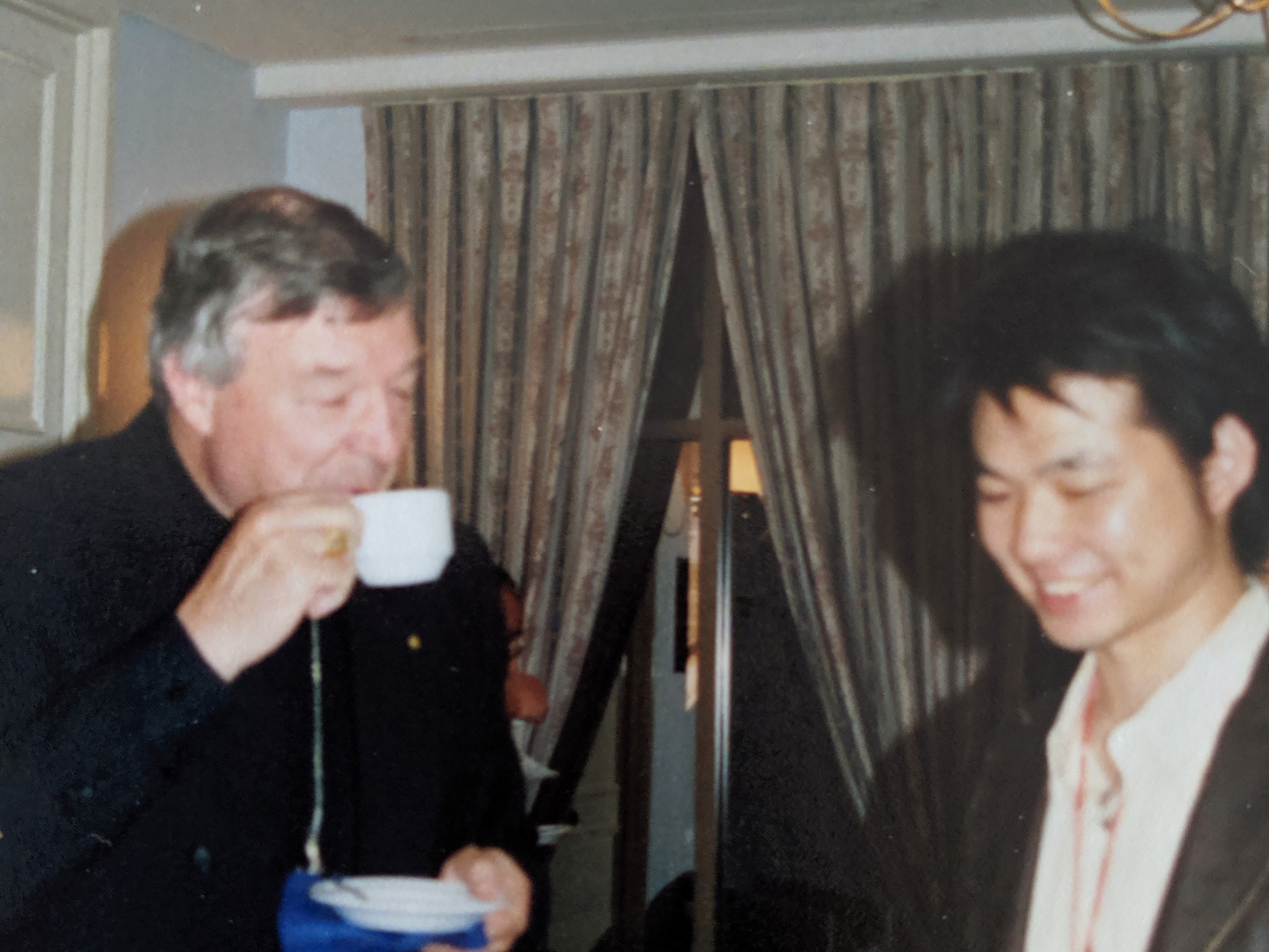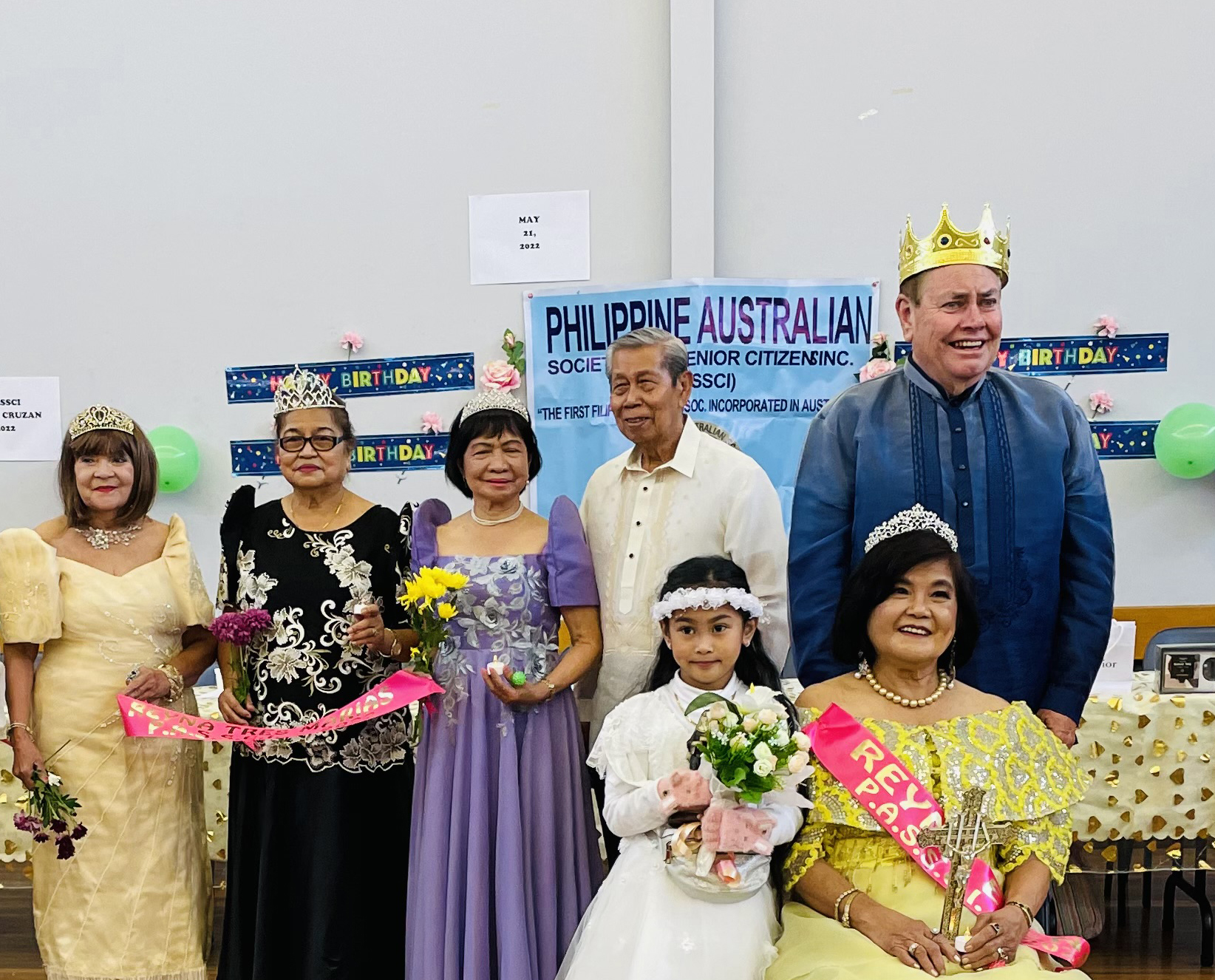I recently saw a Disney movie with my wife, two young grand kids and their parents. The title of the movie is Onward.
I thought I would not like the movie because I’ve never been a fan of animation, which I consider “children’s stuff.” To my surprise, I enjoyed the movie and found it significantly insightful and relevant.
Onward is about two teenage elf brothers, Ian and Barley, who lost their father when they were young. They had very little memory of him. So they embarked on a journey to discover if there is a little magic left out to spend one last day with their father.
Watching Onward triggered something in me about my own finitude. I normally don’t think about death. I would rather think about life. But there are times when I cannot avoid thinking about death, especially when someone I know passes on or when I attend funerals.
Unlike Ian and Barley, my two daughters would probably not experience – I hope – what the two brothers had experienced. My daughters are old enough to remember everything about me when I pass on. They don’t need any kind of magic.
When I was a teen-ager, I never thought about my own finitude. It was only when I took the 30-day Spiritual Exercises of St. Ignatius de Loyola, founder of the Jesuits, as a nineteen-year old that death has become part of my consciousness. But, I must admit, I never let it affect my daily activities. Once a year during my birthday, I would tell myself that I will probably live longer than my parents.
It is said that one of the biggest investment opportunities in our generation will be in companies working to delay human deaths.
In 2015, The Guardian published an article that the hedge fund manager in Silicon Valley launched a $1M prize challenging scientists to “hack the code of life” and push human lifespan past its apparent maximum of about 120 years. The longest confirmed lifespan is 122 years. But this project, even if it succeeds, only extends life; it does not eliminate the certainty of death.
My father was 95 years old when he died (which I consider relatively long enough for a person to live); my mother was 83. My parents lived a total of 178 years combined. Based on the law of average, I figure that I will probably live until the age of 89, which is the average number of years that my parents lived. Not bad at all. I can accept that.
That means I would still be able to attend the high school graduation of all my five grandchildren. Meeting my great-grandchildren will be unlikely. But that’s ok too. I will leave it up to my grandchildren to explain to their children what I was like. I hope by that time there’s still a little magic left for my great-grandchildren to spend time with me and know their maternal great-grandfather – something that I never had the opportunity to experience with my own great-grandfather or great-grandmother.
Like almost all of my friends, I want to live until such time that I can no longer walk or ride the bike or shoot basketball. I am an athletic person and I would hate to see myself lie helplessly in a hospital bed all day. I don’t want to die when I can still write about the lack of core values in our society and why I have a soft spot for the poor and the oppressed. Simply put, I want to live life to the fullest before I go.
Since death is inevitable and it can happen anytime, it’s best to prepare for it. Having been raised in a culture where death is taboo and not discussed, it took me awhile to realize that there’s nothing alarming about preparing for one’s death. In fact, my wife and I have a will and medical directives to free our children from the stress of deciding what to do with end-of-life decisions.
While it is natural to approach death with fear, facing death offers us the opportunity to confront and challenge ourselves. It is our last chance to strip ourselves of any doubt and personal weaknesses that may prevent us from leaving a legacy that our loved ones can be proud of.
I have not witnessed many people dying. I’ve seen my father die, but not my mother. My mother died a week after I returned to Seattle from the Philippines. But it was my mother’s death that left a lasting impression in me. I was told that my mother took her last breath at around three o’clock in the morning when everybody was asleep. She probably wanted to go peacefully without her care provider feeling sorry for her and feeling panicky for the last time.
Like my mother, I want to go peacefully, without experiencing pain, without bothering anyone or being a burden to anyone. That’s the best that I can do if and when I am no longer in control of myself.
I am not particularly religious. But I am a person of faith. I take my Catholic religion seriously and I like to believe that waiting to welcome me, when the time comes, are my parents, relatives, friends and everyone I’ve interacted with and had fun with in the natural world.
One of my favorite Latin phrases is: Vita mutatur, non tollitur. Translation: Life is changed, not taken away. The phrase is found in the preface of the Catholic rite of the Mass for the Dead.
I like to think that that’s what happens in death: Life continues. Nothing is lost. Relationships remain. People who love you will continue to love you. So, there’s nothing to be afraid of.









Leave a Reply